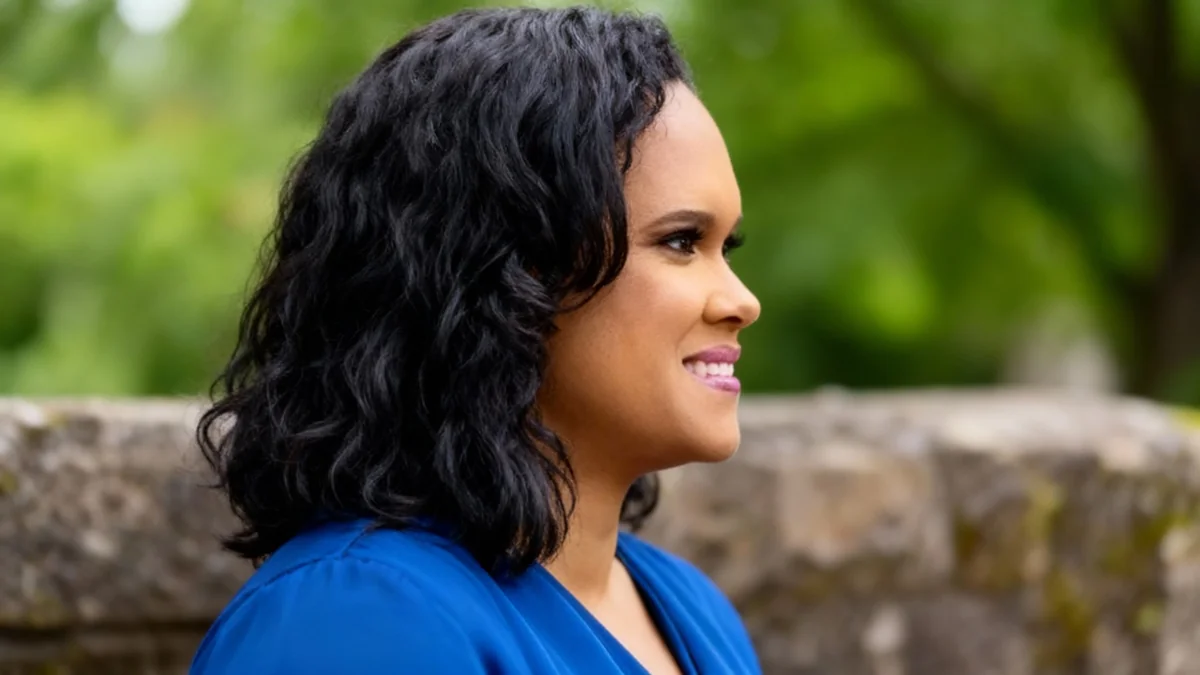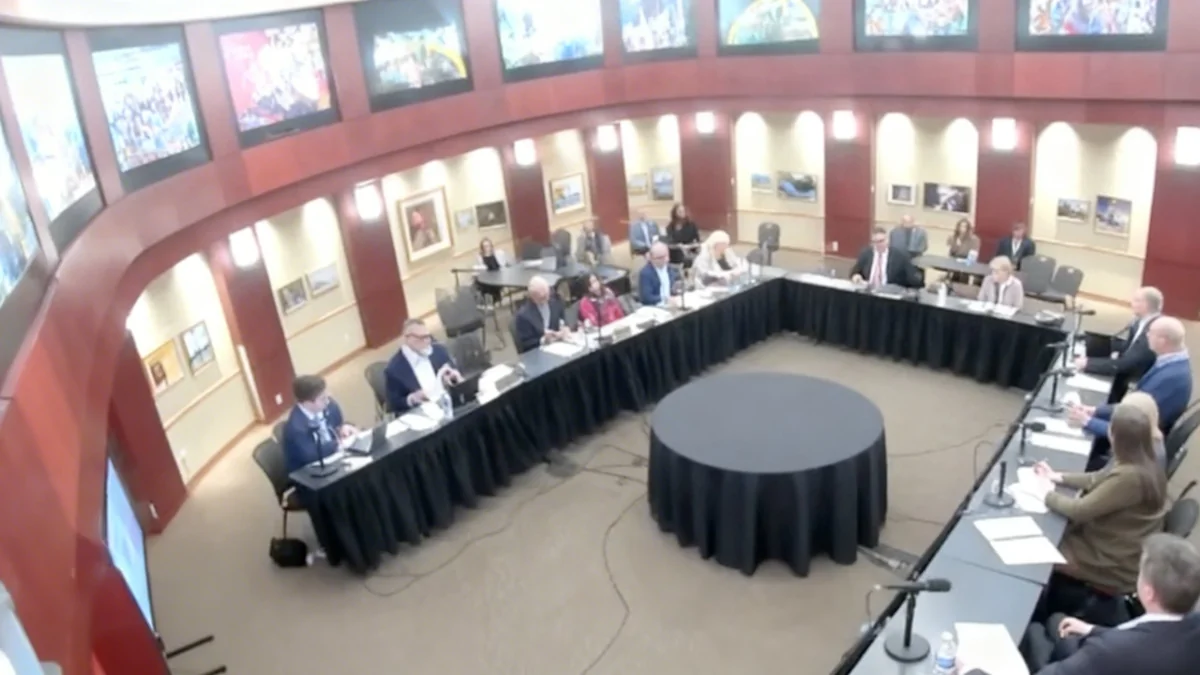A former instructor has filed a federal lawsuit against the University of Alabama, alleging she was unlawfully terminated for exercising her First Amendment rights. The instructor, Candice Hale, claims her dismissal from a part-time role was a direct result of a personal Facebook post she made following the death of conservative activist Charlie Kirk.
The lawsuit, filed in the Northern District Court of Alabama, argues that the public university's action creates a chilling effect on free speech for employees. Hale is seeking monetary damages and the reinstatement of her position.
Key Takeaways
- Candice Hale, a part-time instructor, was fired from the University of Alabama in September 2023.
- The termination followed a personal Facebook post about the death of political activist Charlie Kirk.
- Hale has filed a federal lawsuit alleging her First Amendment rights were violated.
- She is also on administrative leave from a similar position at Auburn University, which she has also sued.
- The lawsuit seeks to challenge the ability of a public institution to regulate an employee's private political speech.
Details of the Termination
Candice Hale began her employment as a part-time instructor at the University of Alabama in July 2023. According to the legal complaint, she had no record of disciplinary issues prior to the incident that led to her dismissal.
On September 12, 2023, following the death of Turning Point founder Charlie Kirk, Hale made a post on her personal Facebook profile. The post expressed her personal views on the matter.
The Controversial Facebook Post
The post in question, cited in the lawsuit, stated, "I do not mourn oppressors. I do not show them empathy." Hale continued, writing that she didn't care about "evil racist, fascist, misogynist, homophobic, transphobic, xenophobic, mediocre white men who claim to be Christian individuals and then do everything Christ would not do on Earth."
The post concluded, "We are getting closer and closer to the real assignment."
The Role of Public Employment and Speech
The First Amendment generally protects the speech of private citizens. However, the legal landscape becomes more complex for public employees, such as those at state universities. Courts often weigh the employee's right to speak on matters of public concern against the government's interest in maintaining an efficient workplace. This case tests the boundaries of that balance, particularly concerning off-duty, online speech.
The University's Alleged Response
Several days after the post was made, Hale claims she received a phone call from Utz McKnight, the chair of the gender and race studies department. According to Hale, McKnight informed her that the university president, Peter Mohler, had seen her post and "didn't like it."
When she asked for clarification, McKnight allegedly confirmed it was the post concerning Charlie Kirk. During this conversation, Hale was informed she would be terminated.
A Swift Dismissal
According to Hale, she received a formal termination email approximately one hour after her phone conversation with the department chair. The complaint states that the email referenced the social media post but did not cite any specific university policy that had been violated.
Hale’s attorney, Kira Fonteneau, has stated that she is not aware of any social media policy that her client signed as a condition of her employment. The University of Alabama has not issued a public comment on the pending litigation.
Legal Arguments and Broader Implications
The core of Hale's lawsuit is the argument that a public university cannot fire an employee for expressing personal political views on a private social media account. The complaint frames the termination as a violation of her constitutional rights.
"Her termination sends a chilling message: those who dare to voice their views on political matters do so at their own peril," the complaint states. "This case seeks to vindicate not only Ms. Hale’s constitutional rights, but the principle that no American should lose their livelihood for engaging in the kind of political discourse that democracy requires."
Fonteneau emphasized the importance of protecting diverse viewpoints, particularly within an academic environment. "We do our society a disservice if there’s one prevailing view, and that’s the only one that can be expressed," she said. "It’s about whether or not some person’s conception of what’s right and proper to say can hold sway, and we don’t think it does."
Impact on the Instructor
In addition to her role at the University of Alabama, Hale also held a position at Auburn University. She is currently on administrative leave with pay from Auburn, which she has also sued. An Auburn spokesperson stated that the university "does not comment on pending litigation."
Hale has spoken about the personal toll of these events, describing significant mental and physical stress. "My body is dealing with the stress of everything that has happened," she said. The lawsuit seeks not only to reclaim her position but also to address the damages she has incurred.
This case joins a growing number of legal challenges across the country that question the extent to which public and private employers can monitor and act upon the off-duty, online activities of their staff, raising fundamental questions about the intersection of free speech, employment, and digital life in the 21st century.





